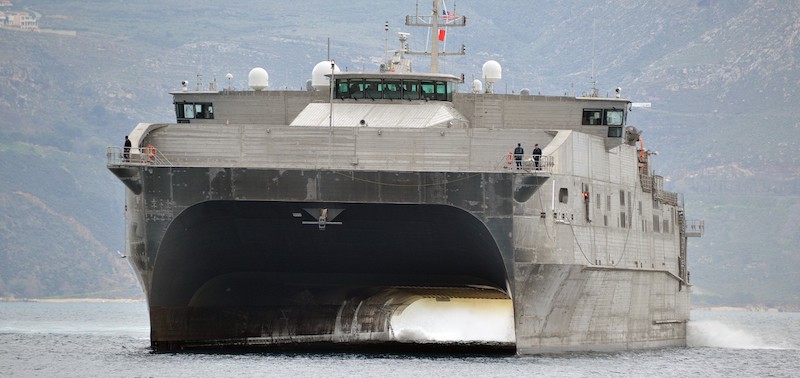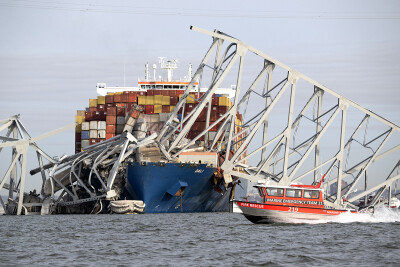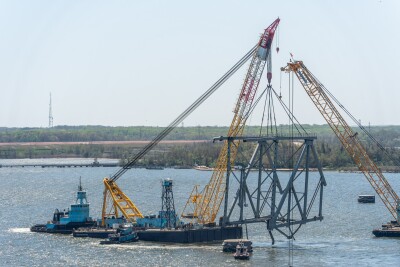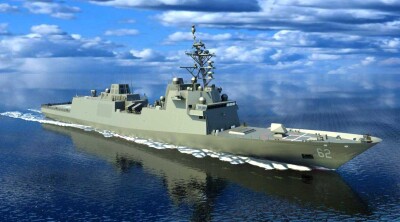Austal USA was awarded a $261.8 million contract for the 13th and 14th expeditionary fast transport ships (EPF) by the U.S. Navy yesterday.
This new contract not only expands Austal’s current 12-ship EPF program, but sets the company and the U.S. Navy up for a potential transition to more medically based variants for the high-speed transport. The over $2 billion 14-ship total value of the EPF contract underscores the ability of Austal USA to build highly capable ships at an affordable cost in its state-of-the-art manufacturing facility, the Mobile, Ala.-based company said. As Austal prepares to execute these latest contracts, the company said its advanced ship design division is looking at revolutionary designs for future warfighting capability and support from the EPF.
“This contract reflects the confidence the U.S. Navy has in Austal’s talented workforce to build these highly-capable, cost-effective ships,” Austal USA President Craig Perciavalle said in a statement. “It’s exciting to see how the EPF ships are supporting the MSC fleet in so many different capacities. We look forward to continuing to strengthen the fleet with the addition of EPF 13 and 14 and beyond.”
The EPF’s large, open-mission deck and large habitability spaces provide the opportunity to conduct a wide range of missions from engagement and humanitarian assistance to disaster relief, and from maritime security support operations, to intelligence, surveillance, and reconnaissance. The expeditionary fast transport ships are performing valuable missions all over the world.
With a draft of only 13' and a unique propulsion system, the EPF's ability to access austere and degraded ports with minimal external assistance provides an overabundance of options to fleet and combatant commanders. Along with its draft, propulsion system, enormous mission bay and a cruising speed above 40 knots, these ships have the potential to support future requirements in special operations, command and control, and medical support operations.
Austal USA’s EPF program includes 10 ships delivered and two more under construction at its headquarters and ship manufacturing facility in Mobile.





